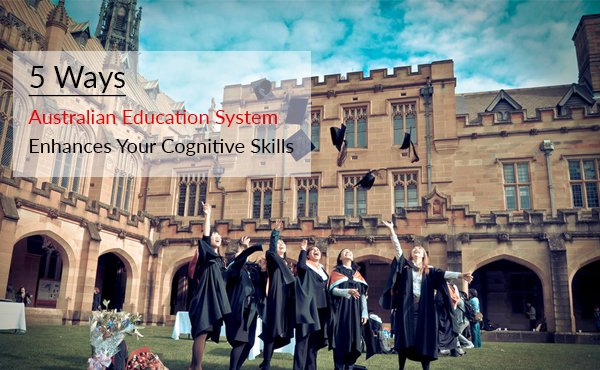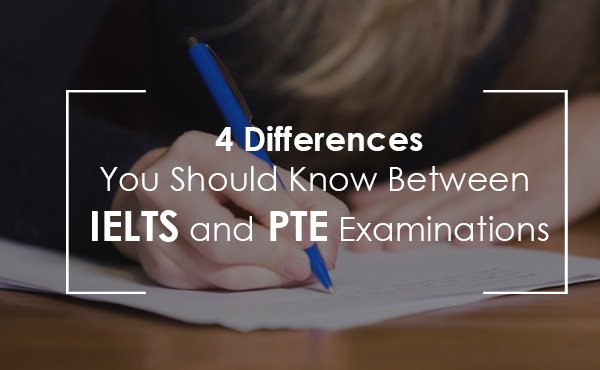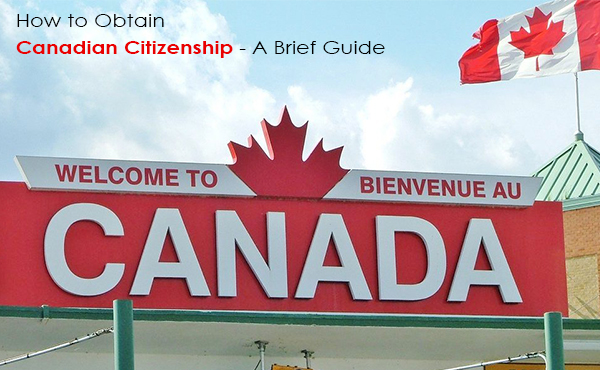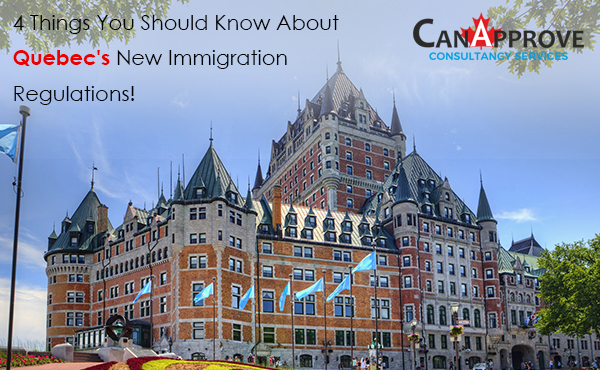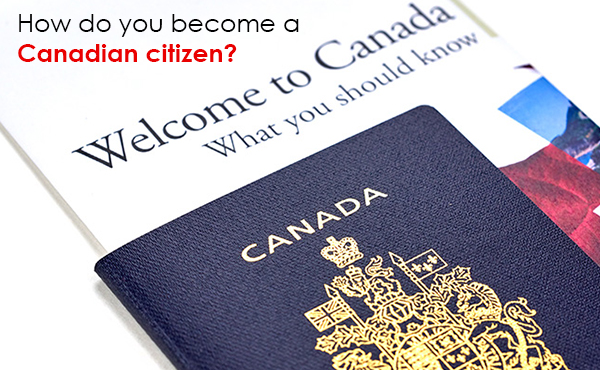With the lowest requirements till date, the Express Entry pathway of Manitoba Provincial Nominee Program (MPNP) has become the favorite pathway of potential immigrants.
Lowest scores, frequent draws
Recently, Manitoba PNP conducted two rounds of invitations for its Express Entry stream within a week. In both these draws, the minimum required score was the same and the lowest ever since the launch of the program. In the first draw among these, which was held on July 6, the minimum required score was 519. A total of 202 invitations were issued in this draw. In the second draw held on July 9 too, the minimum score was 519 and the number of invitations issued was 132.
Manitoba PNP Express Entry
The Manitoba Express Entry pathway is a part of the Skilled Workers Overseas Stream of Manitoba PNP. It aims to invite immigrants with the potential to contribute to the economy and labour force of the province to settle in Manitoba. As the Manitoba Express Entry pathway is under the Skilled Workers Overseas Stream, the applicants need not be residing in Canada.
In order to be eligible to apply under this pathway, candidates must have an active Express Entry profile, skills and work experience. The candidates are selected under this pathway by assessing and ranking them using a point-based system. The candidates with highest scores are invited to apply for provincial nomination from Manitoba.
Eligibility criteria for Manitoba PNP Express Entry
-An active Express Entry profile
-Minimum six months experience in one of the occupations in the in-demand list of Manitoba
-A connection to Manitoba–a friend or a relative
-Required level of language proficiency in English or French
-Post-secondary qualification resulting from a study program with duration of minimum one year
Manitoba Ranking System
Manitoba Express Entry has a ranking system similar to the Express Entry system of the federal government. The first step in applying under the Manitoba Express Entry pathway is to submit an Expression of Interest (EOI). Based on the information provided in the EOI, candidates will be assigned a score out of 1000 points. Candidates with the highest points will be invited apply for provincial nomination.
Manitoba Express Entry is one of the most popular pathways among potential immigrants. With the lowest scores and frequent draws, this pathway will soon turn to be the most favourite among the immigrants who have lesser chances in the federal Express Entry system.
Contact us for more information on Manitoba PNP and Canada immigration

